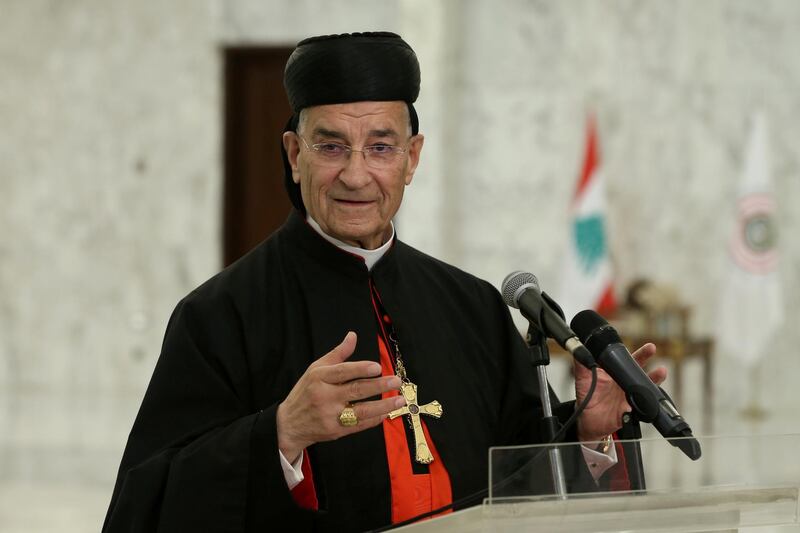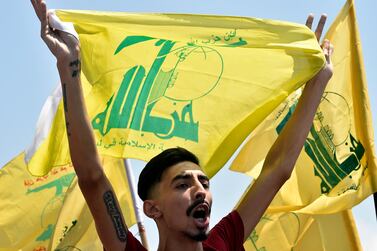Hezbollah should take the blame for Lebanon's economic collapse, the country's top Christian cleric said in an interview with Vatican Radio this week, in his most direct criticism yet of the Iran-backed Shiite movement.
Maronite Patriarch Bechara Rai's comments marked his strongest intervention in Lebanon's crisis, which is seen as the worst threat to its stability since the 1975-90 civil war.
Mr Rai blamed Hezbollah's role in government for closing off a vital source of aid from western and Gulf Arab states. "That's why we're paying the price," the report quoted him as saying.
Lebanon's financial meltdown has crashed the currency, leaving many poor and hungry. The crisis is rooted in decades of state corruption and waste by the sectarian elite in power since the civil war.
In his last two sermons, Mr Rai made comments widely interpreted as criticism of Hezbollah and its ally President Michel Aoun. Both back the current government.
Mr Rai carries weight as head of the Maronite church, the Christian community from which Lebanon's president must be drawn under its sectarian power-sharing system.
On Wednesday, after meeting with Mr Aoun, the patriarch said his sermons had been misunderstood and denied he had been pointing specifically to Hezbollah.
But in the comments published by Vatican Radio, he said Hezbollah "sidelines the state, and declares war and peace wherever it chooses" – mentioning Syria and other conflicts in the region. The interview dated July 15 was picked up by major Lebanese broadcasters and newspapers in the past day.
Hezbollah's opponents say its links to Iran pushes away the mainly Gulf Arab states that once helped Lebanon.
Saad Hariri, the former prime minister, who was a Western ally and traditionally aligned with the Gulf, met with the papal nuncio in Lebanon on Thursday, his office said.
Archbishop Joseph Spiteri said they had "a frank conversation" about the "historic role of Lebanon in the region, linked to the idea of neutrality, of disassociation, being equidistant from all regional powers".






